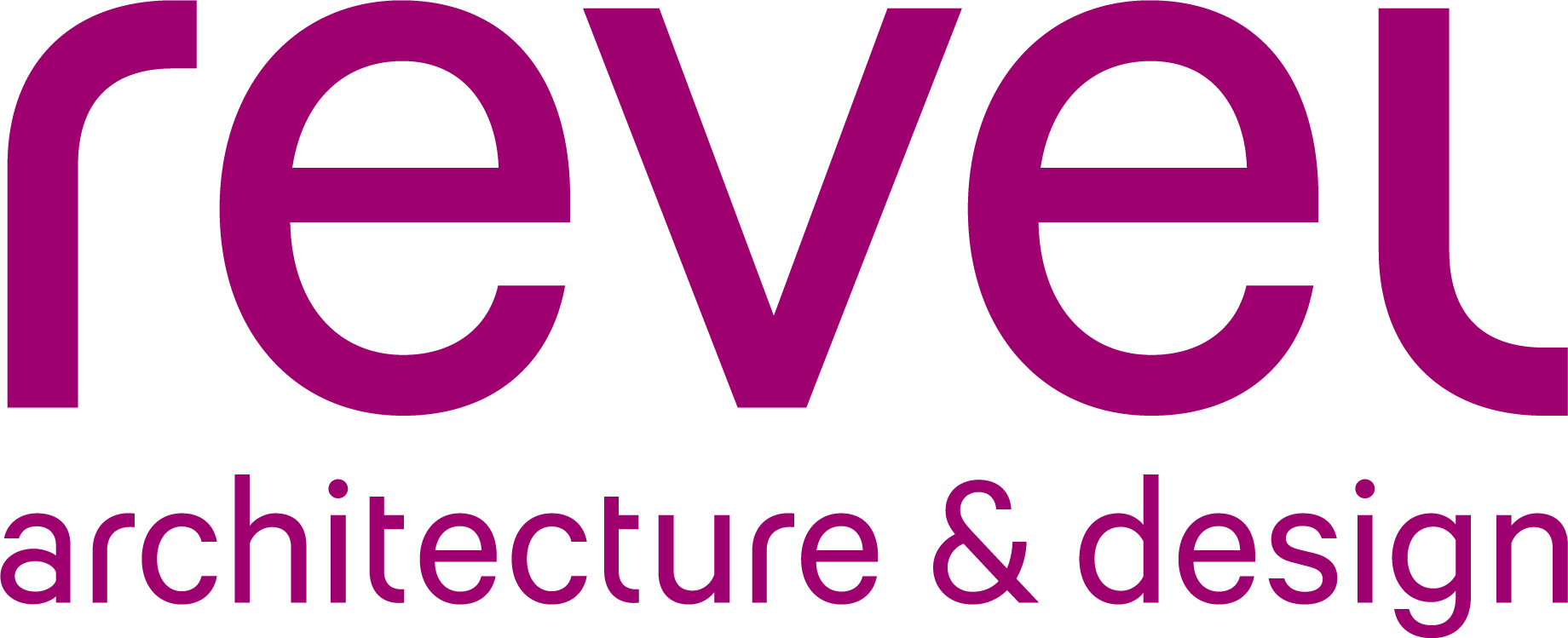Amid Uncertain Times, A Bay Area Architecture Firm Dives Into The LA Market

This past January, the Los Angeles office market was on fire. Despite an influx of new construction, rents were rising, vacancy rates were holding steady and the market was poised to continue its seven-year upswing. Then the coronavirus hit.
Now, as vacancy rates rise and rents stay flat, the future of LA office properties looks less certain, but that has not stopped San Francisco-based Revel Architecture & Design from diving headlong into this market.
“While a lot of Bay Area tech companies are telling their employees they should plan to work from home till 2021, it's a different market in LA,” said Sarah Devine, managing principal of Revel’s new LA office. “Some of our LA clients are making plans and moving forward with projects. So, in many ways, now has been the perfect time for us to enter the market.”
Devine has more than 30 years of experience with a special focus on workplace design. She has worked in small and large firms across Southern California, including HOK, ISI, AECOM and Rapt Studio. Now she is leading Revel’s efforts to break into the LA market.
Bisnow spoke with Devine and Revel partner and Chief Operating Officer Scott Clement to learn more about their approach to office design, what makes the LA market unique and what they believe offices will look like in a post-coronavirus world.
Bisnow: Sarah, you’ve only been at Revel for three months. What led you to work with this firm?
Devine: I’ve always strived to have variety in my career. A mentor told me years ago that in order to be a well-rounded designer, you need to work with firms of all sizes, and doing so has helped me gain not only experience but also insight into the paths I wanted to take in this industry. I’ve found I like building things from scratch, from teams to offices to portfolios, and that’s what drew me to Revel and the chance to build up their LA practice.
From my perspective, Revel is the perfect fit. It is a midsized firm that shares my values, it has a great culture and produces great designs.
Bisnow: What is your approach to designing a productive workspace?
Devine: It’s about listening to the client and understanding their goals. This allows you to provide a level of functionality that supports their brand and their culture. Communication is key, and it needs to start early on. If you get the planning right, the rest of the process will go much more smoothly.
I plan to use this same approach when working with clients in a post-coronavirus world, but I do anticipate that there will be a larger focus on budgets. I’ve worked through several recessions, and I understand what it takes to get a project done within budget restrictions.
Bisnow: What is unique about the LA office market? How do you design for the LA workforce specifically?
Devine: What makes the LA office market unique is that so much of it is connected to the entertainment industry. Many major technology companies are here due to Disney, Netflix and the like because of their ties to the entertainment industry, and you need to design with that in mind, focusing on spaces that foster creativity.
LA also has many different office building types compared to other cities. Instead of rows of high-rises, you see a mix of red brick buildings and low-rise offices that allow companies to really build out their own brand and identity.
Bisnow: How has Revel changed its operations since the pandemic?
Clement: Long before the pandemic hit, we had made investments in new technologies that would give our team the flexibility to work from home, including Zoom, Slack and Autodesk's Revit BIM 360, a cloud-based modeling platform. We have people working not only throughout California but also Denver, Chicago and Austin, and we need ways to keep them all connected.
The challenge right now is that we have a very strong company culture, and we want to maintain that even when we can’t interact in the office every day. We’ve been doing this by hosting virtual happy hours, movie nights and political discussions. It’s going well, but it’s still been a struggle for us; we’re a very social company.
Bisnow: What do you think the future of office space will look like in a post-coronavirus world?
Devine: While it’s too early to know for sure, I think the new normal will be a mix of people going into the office and people working from home, instead of everyone working from home full time. Many people are now realizing that they don’t simply go into an office to get their work done; they go to socialize, collaborate and connect with their co-workers in a shared environment, and that will remain important.
I do believe that companies will start to decentralize so that instead of having one large office they will have several smaller offices located outside of major cities. This way, people living in the suburbs will have somewhere they can go to collaborate without having to commute to the city.
Clement: For generations, offices were just places where people showed up to do their work. Now, however, even though many people have the technology to work from home, they still come into the office because of the connection they feel with their co-workers and organization while they are there. I’ve been speaking with clients about this since the pandemic began and encouraging them to view their office as an amenity for supporting that bond.
This feature was produced in collaboration between the Bisnow Branded Content Studio and Revel Architecture & Design. Bisnow news staff was not involved in the production of this content.

